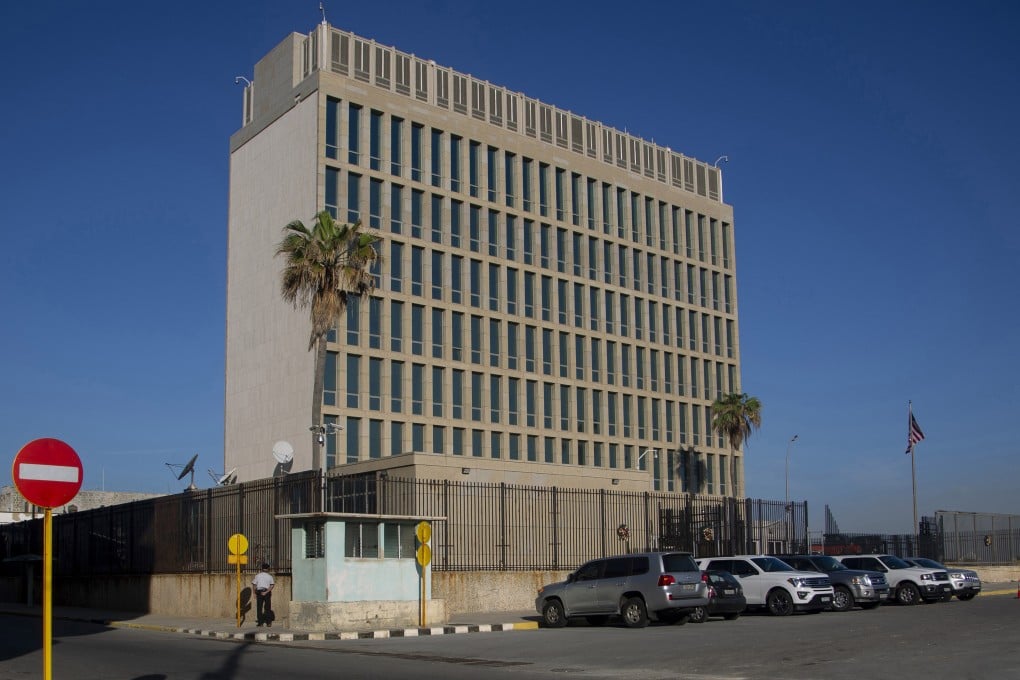New US research finds no brain injuries among ‘Havana Syndrome’ patients
- Mystery of so-called Havana Syndrome deepens after five-year study offers no explanation for symptoms
- Havana Syndrome first baffled US officials in 2016 when US diplomats in Cuba’s capital reported falling ill

An array of advanced tests found no brain injuries or degeneration among US diplomats and other government employees who suffer mysterious health problems once dubbed “Havana Syndrome”, researchers reported on Monday.
The National Institutes of Health’s nearly five-year study offers no explanation for symptoms including headaches, balance problems and difficulties with thinking and sleep that were first reported in Cuba in 2016 and later by hundreds of American personnel in multiple countries.
But it did contradict some earlier findings that raised the spectre of brain injuries in people experiencing what the State Department now calls “anomalous health incidents”.
“These individuals have real symptoms and are going through a very tough time,” said Dr Leighton Chan, NIH’s chief of rehabilitation medicine, who helped lead the research. “They can be quite profound, disabling and difficult to treat.”
Yet sophisticated MRI scans detected no significant differences in brain volume, structure or white matter – signs of injury or degeneration – when Havana Syndrome patients were compared to healthy government workers with similar jobs, including some in the same embassy.
Nor were there significant differences in cognitive and other tests, according to findings published in the Journal of the American Medical Association.